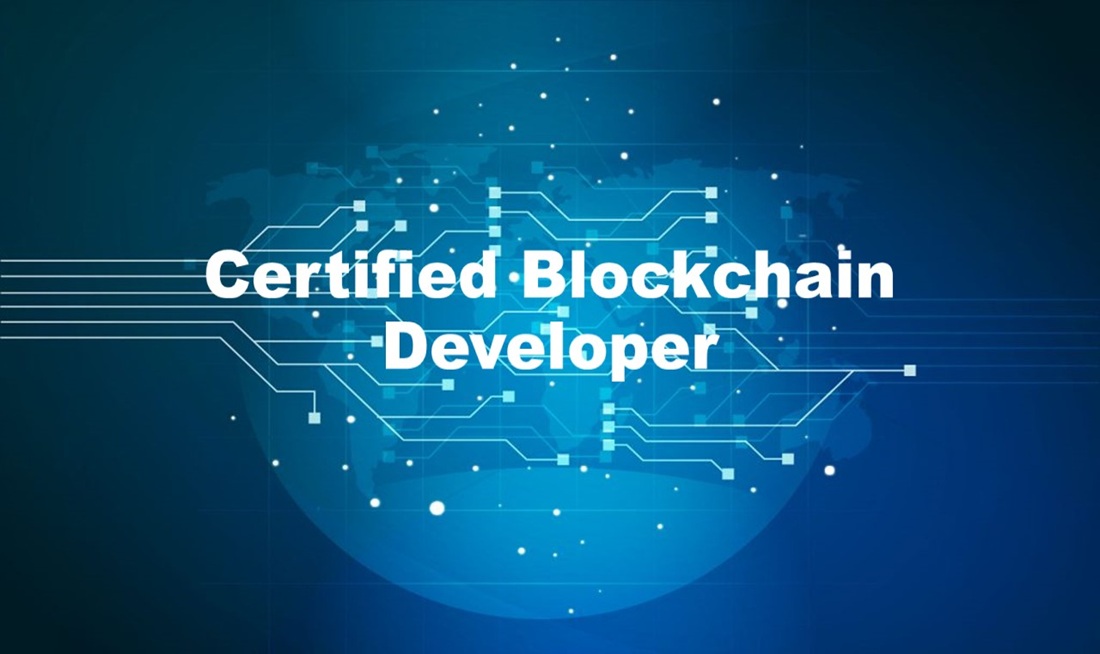Top Data Science Bootcamps That Get You Job-Ready Fast
Feeling stuck in your career or daunted by the thought of spending years in school just to break into tech? You’re not alone. With data science projected to grow by 35% through 2032, according to the Bureau of Labor Statistics, demand for skilled professionals is soaring—but traditional degrees can be time-consuming and expensive. That’s where data science bootcamps come in.
These intensive, fast-paced programs promise to take you from a beginner to job-ready in just 12 to 24 weeks. Whether you’re transitioning careers, honing new skills, or seeking a direct path into tech without a four-year degree, bootcamps are designed to equip you with the expertise employers are actively searching for.
In this guide, we’ll break down what makes a data science bootcamp a worthwhile investment. You’ll discover how these programs operate, what to consider when choosing one, and which bootcamps have a strong track record of successful job placements. By the end, you’ll be ready to take that crucial first step toward launching a career in one of today’s most dynamic and rapidly expanding fields.
Why Data Science Bootcamps Are Gaining Traction
The traditional route to a data science job often involves years of university education, multiple internships, and a heavy student loan burden. For many, that’s just not realistic. That’s where data science bootcamps are turning heads. They’re lean, laser-focused programs built to teach only what you need—nothing more, nothing less.
These bootcamps are modeled after employer needs. Instead of long lectures on theory, you get hands-on experience with tools like Python, SQL, machine learning libraries, and data visualization software. The curriculum is typically built in collaboration with industry experts or even hiring companies themselves, ensuring you’re learning what hiring managers are looking for.
Bootcamps also recognize the importance of time. They’re designed for people who want to transition careers quickly, often offering part-time and online options to accommodate working professionals. And with tuition often significantly less than a traditional degree, it’s a lower-risk, high-reward investment for many.
What You’ll Learn in a Data Science Bootcamp
One of the biggest questions people have is: Can a bootcamp really teach you enough to land a job? The answer is yes—if it’s a quality program. Most reputable data science bootcamps cover a comprehensive set of job-ready skills and technologies.
Students typically start by mastering programming basics, particularly in Python and sometimes R. From there, they move into data wrangling, where they learn how to clean and manipulate datasets. Next comes statistics and probability, which form the foundation for machine learning techniques. You’ll explore supervised and unsupervised learning, regression analysis, decision trees, and neural networks.
Bootcamps also emphasize data visualization, helping students learn to communicate insights clearly through tools like Tableau or Matplotlib. Additionally, many bootcamps include modules on SQL and cloud platforms like AWS or Google Cloud, making graduates well-rounded candidates for data-related roles.
Capstone projects are another hallmark. These are portfolio-ready, real-world projects that not only demonstrate your skills but also give you something tangible to show hiring managers. Some bootcamps even partner with companies to provide real datasets for these final projects.
Choosing the Right Data Science Bootcamp
With so many programs out there, finding the right bootcamp can be overwhelming. The best choice depends on your goals, current skill level, and preferred learning style. Start by evaluating whether you want an in-person, online, full-time, or part-time program. Online bootcamps are great for flexibility, while in-person formats often offer more structure and direct support.
Accreditation isn’t always necessary, but reviews, testimonials, and alumni success stories are essential. Look for programs with high job placement rates and strong career support services. Bootcamps like General Assembly, Springboard, Flatiron School, and Le Wagon often rank high due to their emphasis on mentorship, job coaching, and real hiring partnerships.
Also, consider whether the bootcamp offers a job guarantee or deferred tuition plan. Some programs allow you to pay only after you land a job above a certain salary, which aligns the bootcamp’s success with yours. This can reduce financial risk and increase accountability.
Lastly, take advantage of free intro workshops or assessments that many bootcamps offer. These can help you gauge whether the bootcamp’s teaching style and expectations are a good fit for your learning preferences.
Success Stories: How Bootcamp Grads Land Jobs
It’s easy to be skeptical of fast-track programs. But many bootcamp grads have gone on to land jobs at top tech companies, startups, and even major corporations. The key lies in the practical training, portfolio work, and ongoing job support many programs offer.
Take Sam, a former teacher who enrolled in an online data science bootcamp while working full-time. Within six months, he completed the program, built a machine learning model that predicted housing prices, and started applying for data analyst roles. With the help of his bootcamp’s career coach, he polished his resume, practiced interviews, and landed a job at a fintech startup.
Or consider Alisha, a psychology graduate who used a bootcamp to pivot into healthcare analytics. Her capstone project—analyzing patient outcome data to identify risk factors—impressed a recruiter at a local hospital. Within weeks of graduation, she secured a data scientist position.
Stories like these aren’t rare. They’re the result of programs that focus on job outcomes, not just instruction. Many bootcamps maintain partnerships with hiring companies and host demo days where students can present their work to potential employers. These connections often lead to internships, freelance gigs, and full-time roles.
What Employers Think of Bootcamp Graduates
Employers used to be wary of non-traditional education paths, but that’s changing fast. In today’s tight labor market, many companies are more concerned with skills and projects than diplomas. Hiring managers want candidates who can hit the ground running—and that’s exactly what bootcamps aim to produce.
According to a survey by Course Report, 72% of employers said they think bootcamp grads are just as prepared, if not more, than college grads for entry-level roles in data science and analytics. Why? Because bootcamps train students on the exact tools and workflows used in industry.
Employers also appreciate the grit and initiative bootcamp grads show. Completing an intensive program in a few months, often while balancing work or family responsibilities, signals a strong work ethic and serious motivation. Plus, the collaborative projects and real-world simulations common in bootcamps give students teamwork and problem-solving experience that translates directly to the workplace.
More companies are also creating dedicated pipelines for bootcamp graduates. Whether through internships, apprenticeships, or partnerships, organizations are recognizing bootcamps as a viable source of talent—especially in fields where demand far exceeds supply.
Are Data Science Bootcamps Worth It?
Bootcamps aren’t for everyone, and they aren’t a magic bullet. Success depends on your commitment, ability to learn quickly, and willingness to do the work. That said, for motivated learners, the return on investment can be impressive.
Tuition can range from $5,000 to $20,000, but many grads see a dramatic salary jump after completing their program. Entry-level data analysts and scientists can earn anywhere from $70,000 to $100,000+, depending on the market and role. For career switchers, that’s a significant upgrade—and often achieved in under a year.
More importantly, bootcamps can open doors that once seemed closed. They provide not just skills, but confidence. You’ll leave with a clear sense of what you can do, how to prove it, and where to go next. And in a fast-changing tech landscape, the ability to adapt and upskill quickly is invaluable.
If you’re serious about data science but can’t spend years getting there, a bootcamp may be your smartest move.
Learn Blockchain Development With These In-Demand 2025 Courses
Conclusion
Data science bootcamps offer a powerful shortcut into one of the most promising fields today. In just a few months, you can gain hands-on experience with the tools and technologies that power everything from predictive analytics to artificial intelligence. With the right program, you won’t just learn data science—you’ll be ready to work in it.
From flexible learning formats to job-focused curriculums, these bootcamps are designed to meet the needs of modern learners and modern employers. Whether you’re changing careers or leveling up your current role, bootcamps can help you get there faster and more efficiently.



